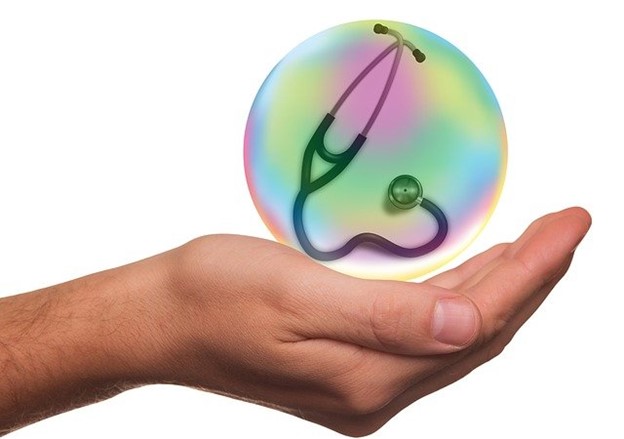Do Urgent Care Centres Accept Medicaid?
Disclaimer: This is a partnered posted. It’s important to ensure that your health insurance will cover you if you are not feeling well and need to go to an urgent care clinic. Knowing your plan’s coverage will not put you at risk of paying expensive hospital rooms, stays, and other bills whenever you visit an urgent care clinic.
For some people, the good news is that many clinics accept Medicaid so that you can lower your monthly bills. You can know more about this on urgent care Medicaid where you can see other services that can help you out.
It’s important to do some research first to see if your Medicaid and other private insurance plans will be eligible for the care that you need
Introduction to Medicaid One of the largest sources of insurance and healthcare coverage in the United States is Medicaid.
Along with the Children’s Health Insurance Plan, it covers the elderly, low-income families, pregnant women, and people who receive Supplemental Security Income, which is mandatorily covered by the plan.
Acceptance in Urgent Care?
If you want to get x-rays done or get laboratory results, the good news is that many urgent care clinics can accept your Medicaid card. However, note that many will not, and it’s important to call first before going.
Other recipients may be required to pay a small portion of the overall bill, usually called a copay, to cover the costs of the medical services.
Medicaid will pay a larger share of the bills. Many providers are not allowed to charge additional sums other than the co-payment for services covered by Medicaid. Read more about copays on this site here.
These co-payments may usually range from $1.50 to $3.90, depending on the bill. Prescription medicines can be $0.65 to $3.90, including the appliances and medical supplies used.
Many recipients who are required to stay at the hospital may have a co-payment that can be up to $50.
Differences between Medicare and Medicaid
Medicare is different from Medicaid. The former is a federal health program usually designed for those who are 65 and older. For people who have End-Stage Renal Disease who require dialysis and people with disabilities, Medicare may be a good option for them.

The Medicare Part B package may cover outpatient care, medical supplies, preventive services, and other specific services by a doctor.
Urgent care may typically fall under the coverage of emergency department services and care category. Part B may also cover emergencies for illnesses, injuries, and rapidly declining medical conditions.
Private Insurance
Companies Unlike Medicare and Medicaid that require certain eligibility before they can get the packages, many private insurance companies have policies available for many people in the US.
Some may want to get insurance voluntarily, and they don’t have employer-sponsored health insurance.
If this is the case, they can sign up on websites like Healthcare.gov and choose plans to help meet their needs.
After selecting their preferred providers, they will receive documentation about their packages and determine if they are qualified for urgent care.
Learn more about preferred providers here: https://www.healthcare.gov/glossary/preferred-provider/
Nearly all clinics accept private insurance, but it’s still helpful if you can visit them, and they are part of the network so that you will have to pay less.
The urgent care clinics may have frequently asked questions on their websites, so you may want to check these before visiting.
If the information is not on the website, you can simply ring them and talk to their representatives.
It’s Important to Do Research Regardless of the kind of insurance you have or paying the expenses from your own pocket.
It’s important to do some research before going into an urgent care clinic or even before you become injured or sick.
This way, you know that you’ll be covered, and you are not spending money, that’s more than you should.
Another thing is that it is encouraged to weigh all of your options before you go to the emergency room, and the doctor will need to confine you to the hospital.
You can always visit an urgent care clinic, especially if you have minor bruises that need three stitches, or you have a cough.
With the ongoing pandemic, it’s better if you can call first and tell your symptoms to the clinic before going.
It’s helpful to get a negative test before going out of your house to prevent community transmission.
Google+

